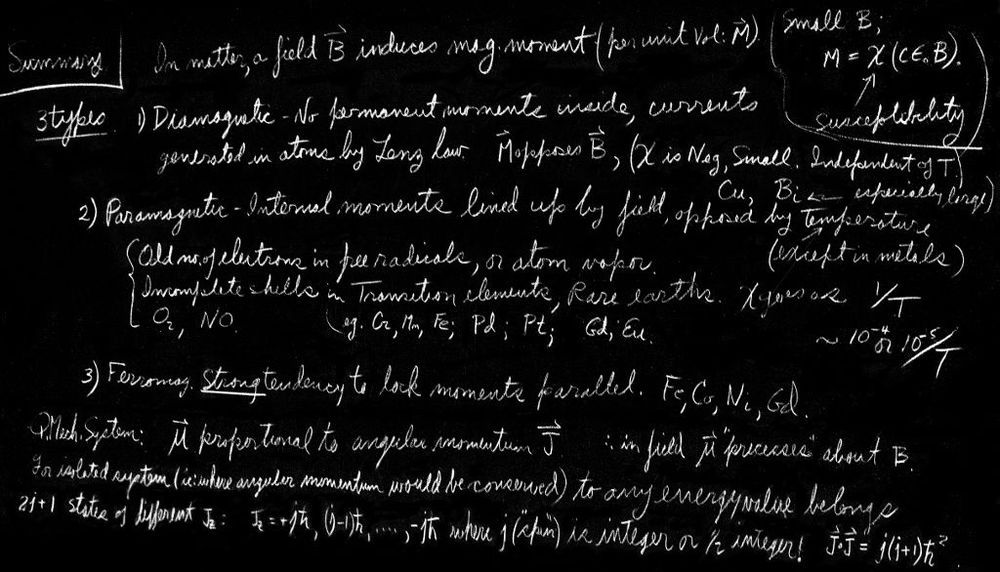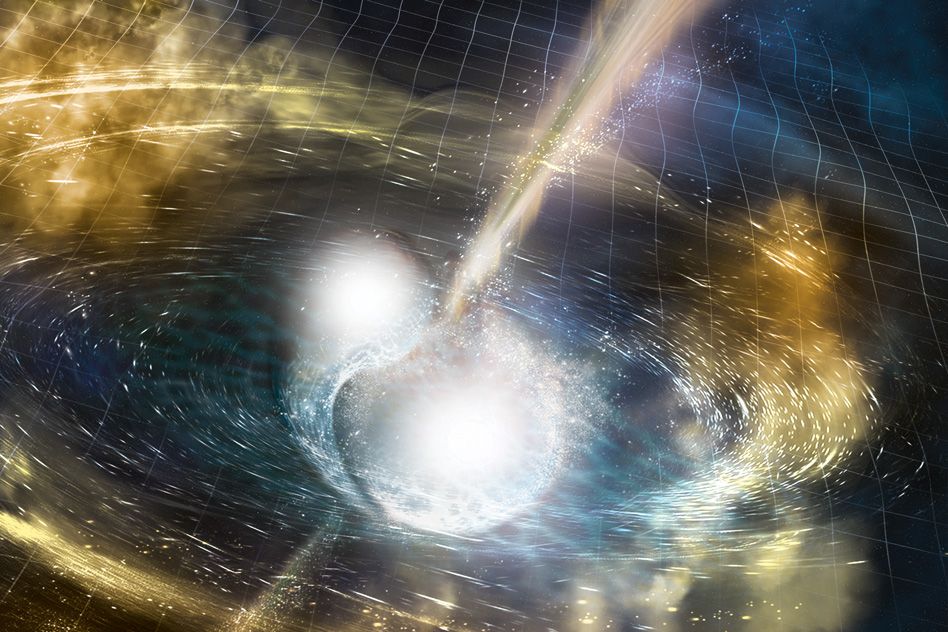“Dark energy is incredibly strange, but actually it makes sense to me that it went unnoticed,” said Noble Prize winning physicist Adam Riess in an interview. “I have absolutely no clue what dark energy is. Dark energy appears strong enough to push the entire universe – yet its source is unknown, its location is unknown and its physics are highly speculative.”
Physicists have found that for the last 7 billion years or so galactic expansion has been accelerating. This would be possible only if something is pushing the galaxies, adding energy to them. Scientists are calling this something “dark energy,” a force that is real but eludes detection.
One of the most speculative ideas for the mechanism of an accelerating cosmic expansion is called quintessence, a relative of the Higgs field that permeates the cosmos. Perhaps some clever life 5 billion years ago figured out how to activate that field, speculates astrophysicist Caleb Scharf in Nautil.us. How? “Beats me,” he says, “but it’s a thought-provoking idea, and it echoes some of the thinking of cosmologist Freeman Dyson’s famous 1979 paper ”Time Without End,” where he looked at life’s ability in the far, far future to act on an astrophysical scale in an open universe that need not evolve into a state of permanent quiescence. Where life and communication can continue for ever.









